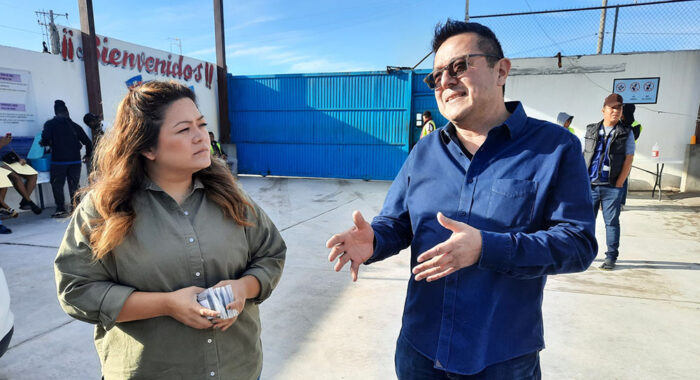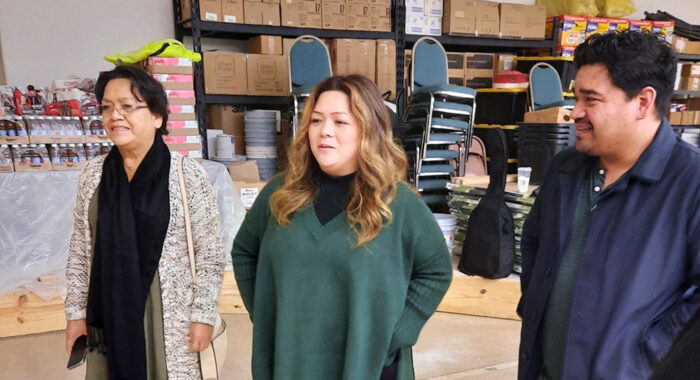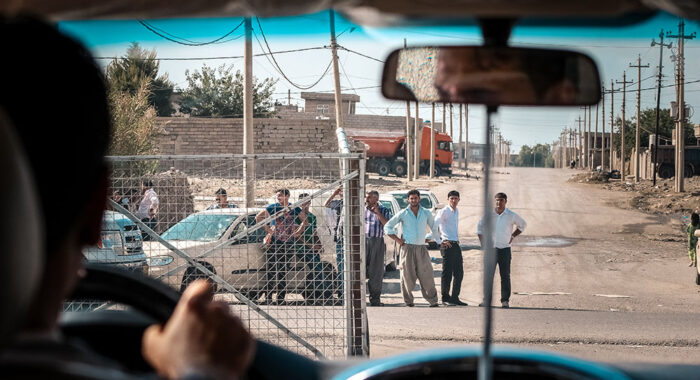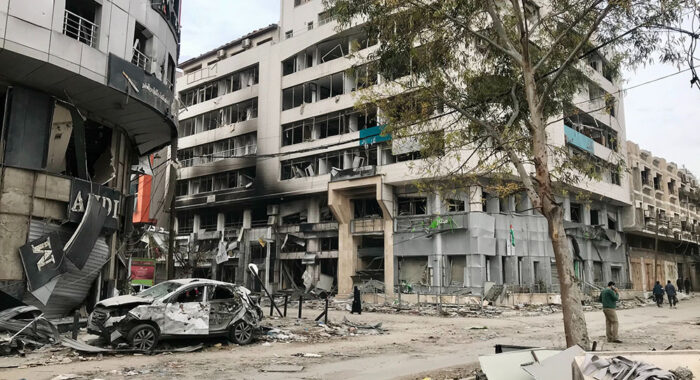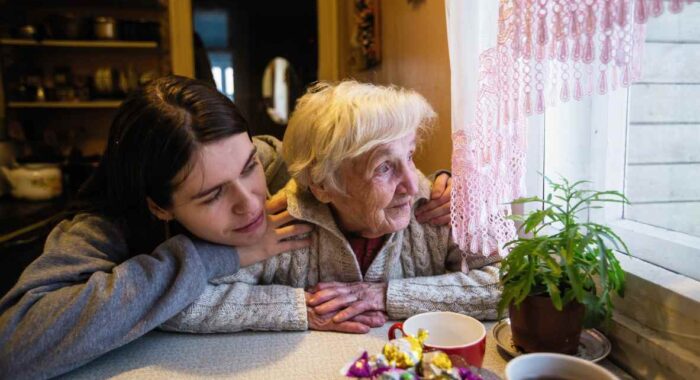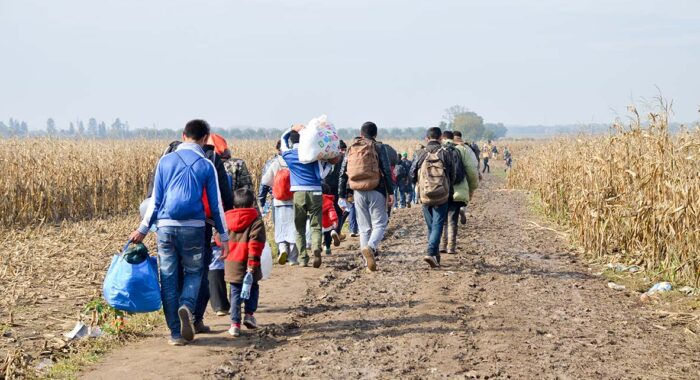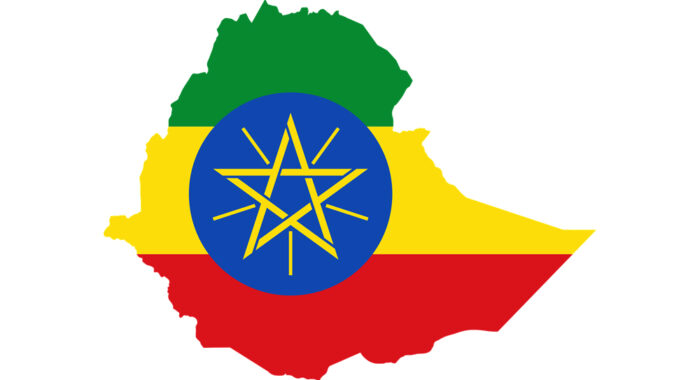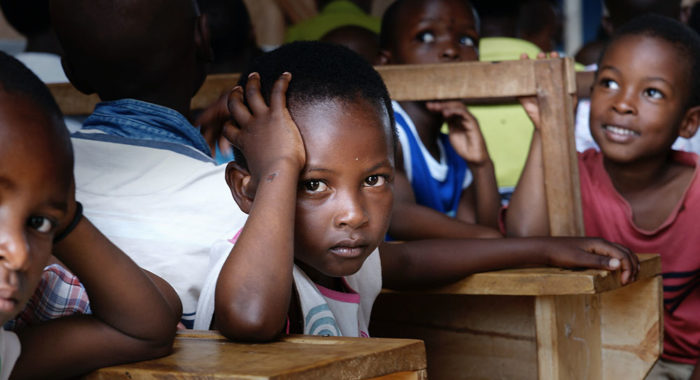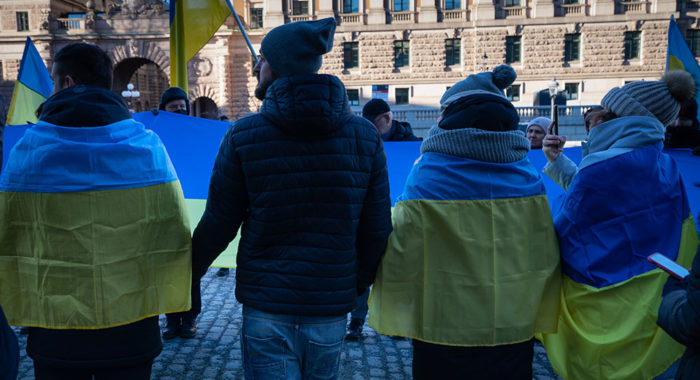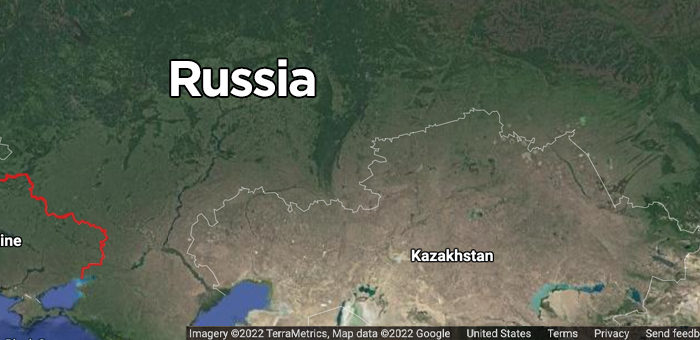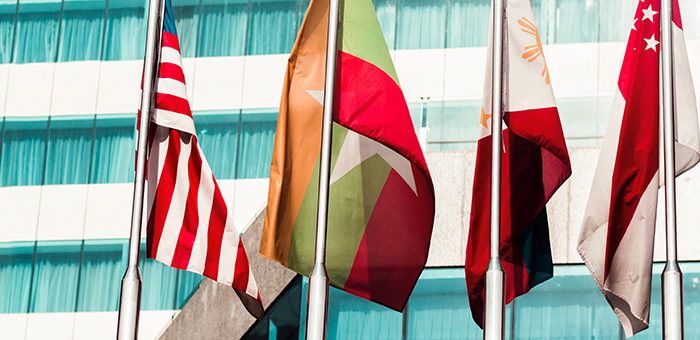The NAE and World Relief submitted a joint statement for the hearing on the Syrian Refugee Crisis before the Senate Judiciary Subcommittee on the Constitution, Civil Rights and Human Rights. The statement was filed as written testimony for the record.
The conflict in Syria has created one of the world’s most pressing humanitarian situations in decades and has become a serious threat to peace and security in the region. Since 2011, more than 100,000 people have been killed [1] as a result of the conflict and more than six million people have been internally displaced or have fled as refugees to a neighboring country including Jordan, Lebanon, Iraq, Egypt, and Turkey, among other states.
There are approximately 2.1 million Syrian refugees who have registered or are waiting to be registered as refugees. [2] Half of the refugees in the region are children, below the age of 18. [3] Those in displacement camps face overcrowding, inadequate access to basic services, rising rent and food prices and high levels of competition for limited job opportunities. Many refugees live in urban areas outside of the camps with little to no savings, often dwelling in makeshift shelters without access to running water and heat. Another 4.25 million IDPs within Syria with have been displaced several times. The armed conflict has destroyed infrastructure, disrupted livelihoods, and cut off essential services, severely impacting access to food, water, housing, healthcare and education. The International Committee of the Red Cross estimates that dozens are dying every day due to limited access to health care and shortages in medical supplies. [4] An estimated three quarters of the population of Syria will be in need of humanitarian assistance, and needs in Syria and for Syrian refugees will escalate as the conflict continues.
The war and the refugee crisis have had significant effects on Syria’s neighbors in many ways. Jordan and Turkey each host more than 550,000 Syrian refugees. Zaatari, the largest camp for Syrian refugees in Jordan, has become the fourth largest city in Jordan. Jordan subsidizes bread, water, electricity, and household gas as a means of protection for Syrian refugees and these subsidized items to Syrian refugees have incurred considerable costs to the government. [5] In addition to the thousands who are struggling to survive the dire winter conditions in the Zaatari camp, an unprecedented number of vulnerable refugees, including many with severe health conditions, leave the camp to various poor parts of Amman to seek help and escape the difficult conditions in the camp. When they do, they face many challenges and limited support. Since the first arrivals of Syrian refugees in late April 2011, Turkey has spent at least $2 billion to protect and assist refugees. [6] The presence of refugees has strained education, health care, and other services in these host countries. As such, tension between the refugee and host communities has been significant in the host countries. In a recent Senate Appropriations Committee hearing on assistance to Lebanon and Jordan, Lebanese Ambassador Antoine Chedid warned that the Syrian refugee crisis in his country “threatens to unravel the country, economically, politically, and socially.”[7]
There are also many psychological, relational and spiritual aspects of the conflict as well. Women and girls both within Syria and in refugee receiving countries have reported pervasive levels of gender based violence (GBV). The threat and use of sexual violence has been used to instill terror inside Syria and many refugees have cited the fear of sexual violence as a primary reason for fleeing from Syria. As refugees, Syrian women and girls report increased domestic violence, early/forced marriage, and sexual exploitation and abuse. The lack of information about and access to vital services and support in these settings pose acute protection concerns for Syrian refugees, particularly for women and children. Recent reports coming out of Jordan from UN Women indicate eighty-three percent of survivors of gender-based violence are not aware of any available services in their community. [8]
The UN launched an unprecedented appeal for $6.5 billion in 2014 to assist millions of people affected by Syria’s conflict– the largest humanitarian appeal ever.[9] The UN’s two main appeals are the OCHA-led Syria Humanitarian Assistance Response Plan (SHARP) for people inside Syria and the UNHCR-led Regional Response Plan 6 (RRP) which focuses on refugees from Syria in neighboring countries. These would direct $2.3 billion to help 9 million people inside Syria and $4.2 billion to assist 4 million Syrian refugees in neighboring countries. The UN estimates that nearly three-quarters of Syrians will need humanitarian assistance in 2014. In 2013, the UN only managed to raise about 60 percent of its goal for Syria in 2013, a request of $4.4 billion.
The situation in Syria has raised alarm within the evangelical community globally as reports of persecution of religious minorities, particularly Christians, has disrupted the relative tolerance and protection such groups enjoyed under the Syrian government for decades. Although Syria is majority Sunni Muslim, it is has been home to a diverse set of religious groups, including to Christians, Druze, and Alawites. The country’s conflict threatens the relative level of protection that the government offered these religious minorities. The suffering of Christians in Syria both within the country and as refugees is reflective of a general trend within the Middle East where beatings, church burnings, and discrimination of Christians are becoming more common. A recent report by the U.S. Commission on International Religious Freedom on a trip to the region found that religious minority refugees from Syria are not registering with UNHCR out of fear that they will be targeted as identifying with the regime, which means they are likely not receiving the assistance that is provided to registered refugees. [10] Out of a growing global concern within the evangelical community regarding the crisis, the National Association of Evangelicals (NAE) and the World Evangelical Alliance cosponsored a Day of Prayer for Syria on December 18th, 2013 to elevate the evangelical community’s awareness of the plight of Syrian refugees as well as to pray for peace in Syria. As the needs of those displaced by violence continue to grow, numerous evangelical groups, including World Relief, are responding together with partners and churches on the ground.
As efforts continue to bring an end to the conflict in Syria, there is a strong role the United States and international community can play to ensure that civilians are protected, displaced persons are assisted, and those in urgent need of protection are resettled to a third country.
Specifically, we urge the United States to:
- Ensure adequate levels of funding for international assistance programs directed toward humanitarian crises such as Syria. We are encouraged to see the increase in humanitarian accounts in the continuing resolution for FY14 and support the FY14 allocation of $2.9 billion for the Migration and Refugee Assistance (MRA) Account and $1.6 billion for the International Disaster Assistance (IDA) We also support funding the Emergency Refugee and Migration Assistance (ERMA) at $250 million. Given the growing needs in Syria, we urge robust funding levels that will enable the United States to contribute its share to the UN appeals and also respond to other global crises.
- Provide particular attention to urban refugees in programmatic assistance as well as diplomatic engagements.Despite the attention and resources refugee camps receive, most Syrian refugees – about 70 percent regionally – do not live in formal refugee camps but rather among host communities. Access to shelter and the ability to pay for it remain critical problems for many urban refugees. Similarly, access to health care and education are critical, including psycho-social trauma counseling and other critical needs. Outreach on how to safely access services should be improved. Bilateral assistance to neighboring governments and a holistic funding response including support for the work of private organizations can help facilitate such access and ensure services reach women and girls in particular. Funding in response to the Syrian crisis should also support partnerships with local organizations to serve communities with high numbers of refugees as many live outside the camps and are best served by the communities themselves. This will help alleviate tensions with host communities and provide more stability to host countries.
- Encourage countries to keep their borders open.The borders of neighboring countries are increasingly “managed” preventing those with bona fide claims from finding safety in another country. Turkey, for example, regularly denies entry to refugees without documents until space is available in the camps, which has led to the formation of several IDP camps along the Syrian side of the Turkish border. Reports also suggest that Lebanon has put more restrictive border controls in place, denying entry to refugees with damaged documentation, while entry to Iraq remains very limited. The United States and the international community should work with host countries to make sure they have the support they need to keep the borders open and allow refugees to access government services, especially health care, education, and specialized assistance for women and girls. The United States and international community should help ensure that vulnerable Syrian civilians are able to escape the conflict and seek sanctuary.
- Increase efforts to prevent and respond to gender-based violence. Gender-based violence survivors in Syria, in refugee camps, and in urban contexts are in urgent need of lifesaving medical and psychosocial services that take into account their unique needs and risks. Many lack access to these services and those that are in place are often insufficient, not adequately staffed or not specialized. There remains a real risk of suicide and “honor” killings in Syria and refugee settings where women and girls have experienced sexual violence. Providers of medical and psychosocial services need to have a proper understanding of these risks so they do not inadvertently further expose and endanger survivors. Effective complaint mechanisms for cases of sexual exploitation and abuse must be put in place. The United States, along with other donors, should commit to scaling up successful GBV prevention programs and survivor services and ensure that providers are properly resourced and trained.
- Expand expedited resettlement in the US of vulnerable Syrian refugees for whom eventual repatriation is unlikely to be a viable solution. The United States accepts more refugees for resettlement than any country in the world. However, in FY2013, the United States resettled only 36 Syrian refugees; in 2012, 31 Syrians and, in 2011, 29. Syrian refugees who face acute protection needs should be considered for resettlement. Providing resettlement for the most vulnerable will be an important burden-sharing tool for regional host countries as well as a critical humanitarian response for those who cannot return to Syria or locally integrate. With the Syrian private and public social safety net shredded by the civil conflict and economic collapse, a greater number of Syrian refugees should be provided permanent homes where they can rebuild their lives in peace.
- Ameliorate unintended consequences of Terrorism-related Inadmissibility Grounds (TRIG) that bar bona fide refugees and asylum-seekers from protection. As Syrian refugees are considered for resettlement to the United States, the U.S. should ensure that refugee resettlement is a viable protection tool by ameliorating unintended consequences of Terrorism-related Inadmissibility Grounds (TRIG) that bar bona fide refugees and asylum-seekers from protection. We urge USCIS to allow officers to examine cases and provide relief to individuals on a case-by-case basis for refugees who had voluntary associations with Tier III groups not designated as terrorist groups or treated as such by the U.S. government in any other context. Many Syrian refugees have fought with armed opposition groups in Syria and/or provided “material support” to those from the opposition. The sweeping nature of the law’s “terrorism”-related provisions would mean many vulnerable Syrians who have engaged in no wrongdoing and pose no threat to the United States could not be admitted to the United States as bona fide refuges and asylum-seekers.
- Develop a long-term strategy to respond to refugee needs.The destruction in Syria is such that even should the political violence be resolved soon, refugees are unlikely to be able to immediately return to Syria. To address the protracted crisis, the Administration needs to develop a long-term plan for how to help the region properly address refugees and host communities’ needs, and for refugees to be able to have a dignified life in neighboring countries in the future. This plan should include coordination with other donors, especially Gulf States. Aid from non-traditional donors like the Gulf States is an important new stream but it remains outside of the main coordination channels. The United States should make a high-level diplomatic push to encourage Gulf States to join UN coordination and reporting structures as part of a longer term planning process.
- Engage in a robust regional peace process. Given the rising violence and growing instability, not only within Syria but in surrounding countries, Syria urgently needs a political solution that ends the fighting and creates a peaceful future for all Syrians. We urge the United States to work with other governments to contain the violence, restore stability in the region, provide humanitarian assistance, and encourage the building of an inclusive society in Syria that protects the rights of all its citizens, including vulnerable populations such as religious minorities and women.
[1]UN News Service, Syria: Head of independent UN panel appeals to Member States to end relentless carnage, 29 July 2013, http://www.refworld.org/docid/51f7786559.html.
[2] For regularly updated figures on registration of Syrians, see: Syria Regional Refugee Response Information Sharing Portal, at http://data.unhcr.org/syrianrefugees.
[3] UN High Commissioner for Refugees and UNICEF, Joint Press Release, A million refugee children mark shameful milestone in Syria crisis, 23 August 2013, http://www.unhcr.org/521628cf9.html.
[4] In March 2013, ICRC warned that dozens of Syrians are dying every day due to limited access to health care and shortages of essential medical supplies; ICRC, Syria: Timely access to health-care services a matter of life or death, 1 March 2013, http://www.icrc.org/eng/resources/documents/update/2013/03-01-syria-health-care.htm.
[5] United Nations High Commissioner for Refugees, “Countries Hosting Syrian Refugees: Solidarity and Burden-Sharing, Background papers for the High Level Segment,” September 2013, http://www.unhcr.org/525fe3e59.html.
[6] Ibid.
[7] Statement of the Ambassador of Lebanon to the United States of America Antoine Chedid before the Senate Appropriations Committee hearing on assistance to Lebanon and Jordan, 10 December 2013, http://www.appropriations.senate.gov/sites/default/files/hearings/AMBASSADOR%20OF%20LEBANON%20TESTIMONY.PDF
[8] UN Women, “Inter-Agency Assessment: Gender-Based Violence and Child Protection among Syrian Refugees in Jordan, with a Focus on Early Marriage,” 2013, http://www.unwomen.org/~/media/Headquarters/Attachments/Sections/Library/Publications/2013/7/Report-web%20pdf.pdf.
[9] United Nations High Commissioner for Refugees, “UN Appeals for record US $6.5 billion for Syria operations in 2014,” 16 December 2013, http://www.unhcr.org/52aeddd62db.html.
[10] U.S. Commission on International Religious Freedom, Factsheet Syria: Syria’s Refugee Crisis and its Implications, July 2013, http://www.uscirf.gov/sites/default/files/resources/Syria%20Factsheet%20-%20July%2018.pdf.



 View All Updates
View All Updates 



